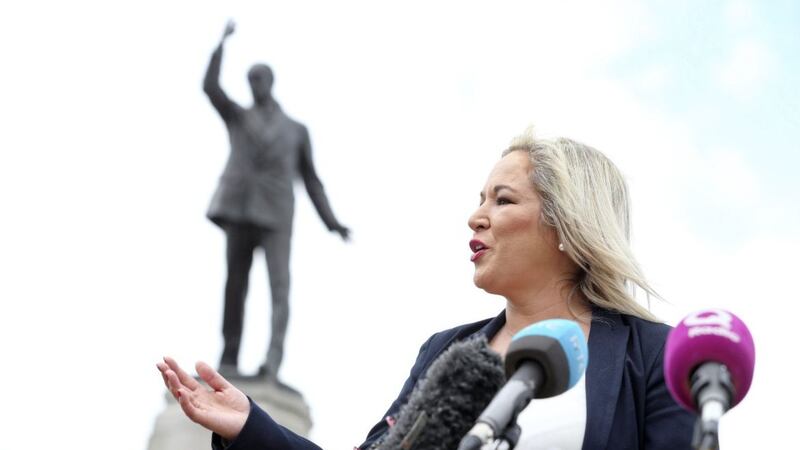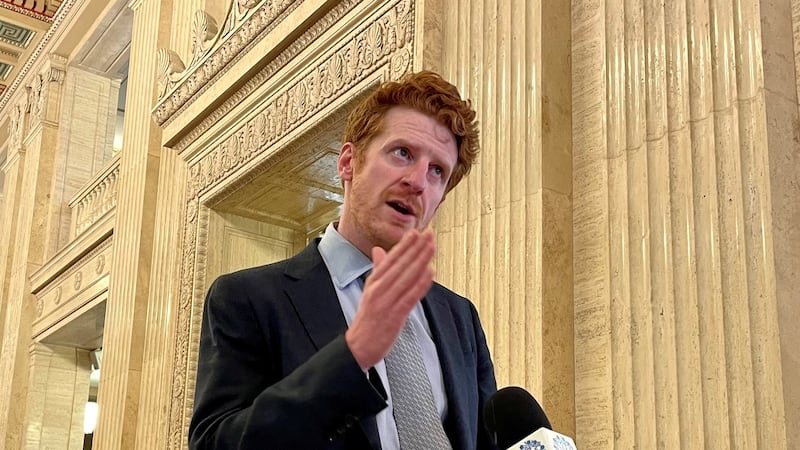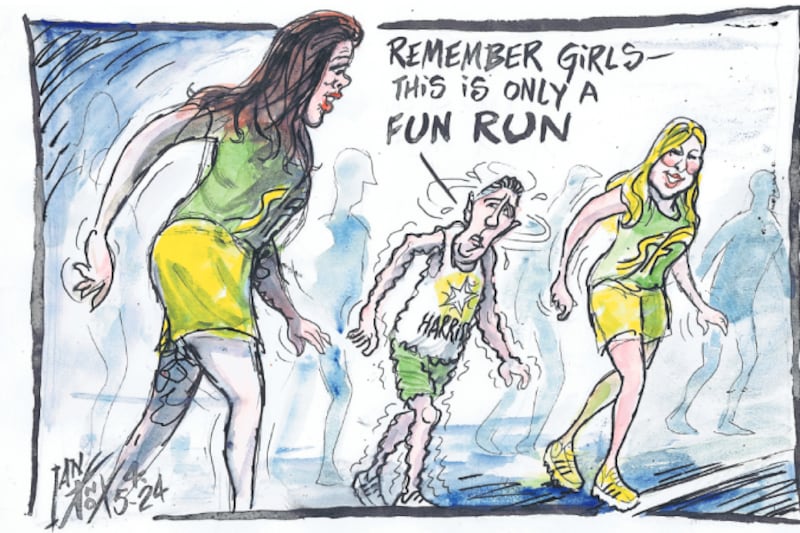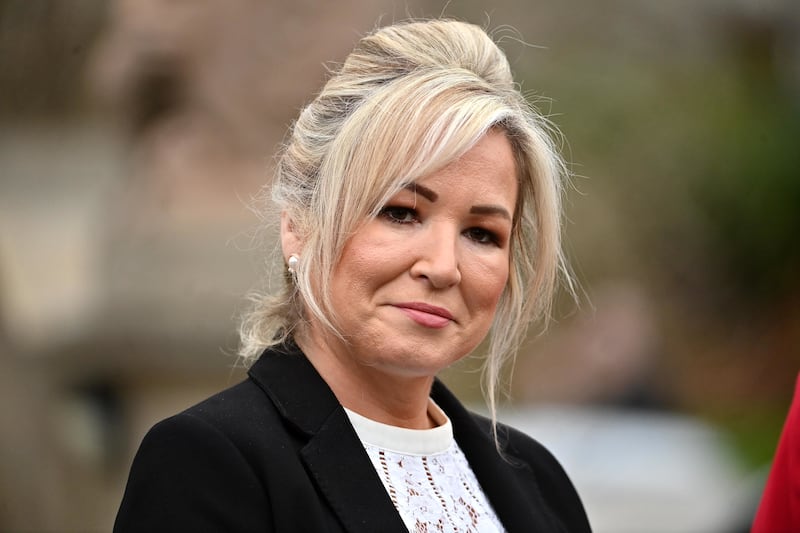ONE hundred years ago the course of Irish history was changed forever by partition.
It divided our island, its people and its economy and its impact is still being felt today north and south.
It created a northern state which was exclusionary, founded on discrimination and maintained by repression.
Those days are now gone. We are now in a different era.
What once seemed like a monolithic unionist majority is now gone. And with it the very basis of partition.
Sinn Féin negotiated the repeal of the Government of Ireland Act which was replaced by the Good Friday Agreement.
The peace process, the Good Friday Agreement and the creation of power sharing and all-Ireland political institutions have transformed the landscape of politics across the island.
It put in place political institutions designed to end discrimination and have equality at their core.
The people have made it clear time and time again that they want positive change and our society moving forward in the way it has done over the last two decades.
That is what I am committed to. That is what I work towards every day as joint head of government.
But power sharing only works when power is shared on the basis of equality.
The current crisis and dysfunction within unionism makes that more difficult.
Poor decision making, lack of leadership and an unwillingness to embrace the principles which underpin our political process has led to challenges.
Unionism, to paraphrase a famous remark, is now at a crossroads.
It will be a matter for the DUP to choose its new leader and First Minister but whoever emerges needs to recognise that the political landscape across the island has changed.
The wider community want social and political change which reflects a modern and progressive society based on equality.
All parties on the Executive are committed to power sharing. We now need to see the genuine and meaningful outworking of that commitment.
We need to see delivery on commitments made in the New Decade, New Approach agreement, including equality for women, for the LGBT community, for the Irish language and identity and for everyone in our society.
As Arlene Foster announced her decision to step down, she made it clear division should not be part of the future.
She recognised there are various identities in the north as people see themselves as Irish, British, or both, and that recognition will hopefully be shared by the new DUP leader and will inform that party's approach to power sharing.
Across Ireland people are thinking about their identity and also their future. They are looking to a better future and are considering new options.
That conversation is well underway as people look beyond Brexit and beyond the union towards a new Ireland where all identities are valued, protected and cherished and reconciled.
That is the new Ireland that I want to see, and it is the new Ireland I am committed to working with everyone from all backgrounds to build and achieve.
:: Michelle O'Neill is Sinn Féin vice-president and Deputy First Minister








